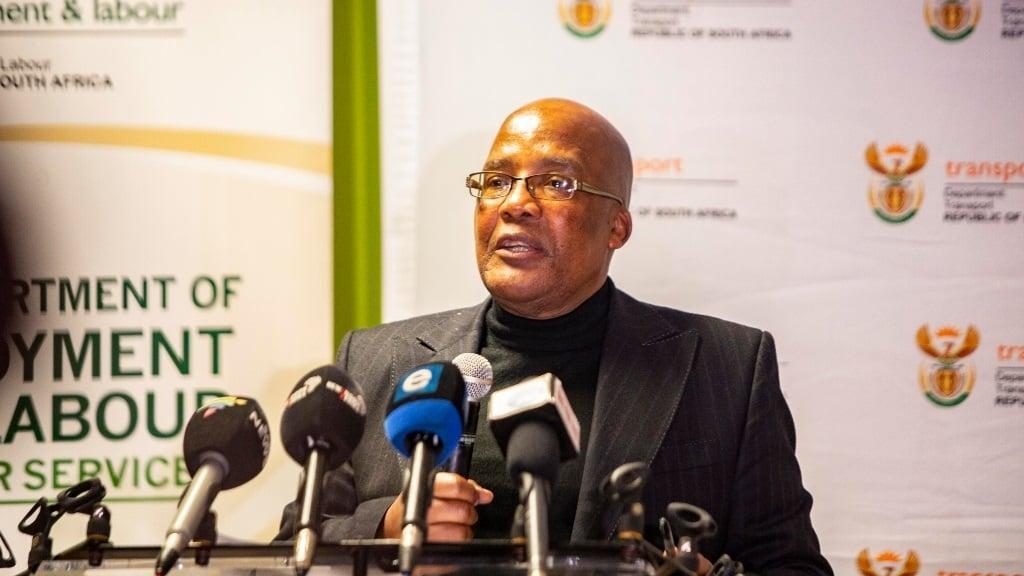Africa-Press – South-Africa. Zimbabwean Exemption Permit (ZEP) holders’ woes are still not over.
Home Affairs Minister Aaron Motsoaledi is heading back to the Gauteng High Court in Pretoria in a bid to appeal a finding on the his decision to terminate the permits.
The ZEP system was introduced in 2009 to regulate the status of Zimbabweans fleeing to SA for political or economic reasons.
It allows permit holders to live, work and study in South Africa.
In the initial court application, the Helen Suzman Foundation and Consortium for Refugees and Migrants in South Africa challenged Motsoaledi’s decision to terminate the ZEPs.
A full Bench of the Gauteng High Court in Pretoria ruled against the minister in June when it held that the termination of the permits was invalid, unlawful and unconstitutional.
The court found that the minister did not follow a fair process, which should have included consultation with and an opportunity for ZEP holders to make representations.
The ZEPs were supposed to expire in December 2021 but the deadline was extended to the end of June 2023, and then to December 2023.
But, as the date approaches, Motsoaledi wants to appeal the High Court’s decision and filed an application for leave to appeal to the Supreme Court of Appeal.
The application was filed on the basis that the court erred in concluding that his decision required compliance with Section 4 of Promotion of Administration of Justice Act, which deals with public procedures that an administrator must decide on, when dealing with issues that have a general impact, meaning that public participation was required.
“The decision to not call public participation was justifiable. First, the decision affected a specific category of persons, not the public. Second, such a decision is not administrative action and is voluntary,” Motsoaledi submitted in his papers.
The minister said his decision not to call for public participation didn’t show disdain for the value of public participation, as the court found.
He added that the court failed to consider that representative groups, such as the Scalabrini Centre, African Amity, Freedoms Advocate and Zimbabwean Diaspora Association, were consulted after the decision was made.
The papers read:
There is no factual and legal basis for the conclusion that… the minister failed to conduct any prior consultations before announcing the decision to terminate the ZEP programme, rendering the decision procedurally irrational, given the far-reaching implications of the decision.Motsoaledi also submitted that a special project to grant exemptions was financially unsustainable.
He said the department had asked the National Treasury to make just over R145 million available to start a special project.
But the Treasury only approved R15 million to deal with the exemption process for SADC nationals.
“The court correctly agreed with the applicant’s case that the minister is empowered to terminate the temporary exemption regime granted to the Zimbabwean nationals. It erred, however, in finding that the decision of the minister is reviewable under any of the grounds advanced by the applicants,” the papers read.
For More News And Analysis About South-Africa Follow Africa-Press






